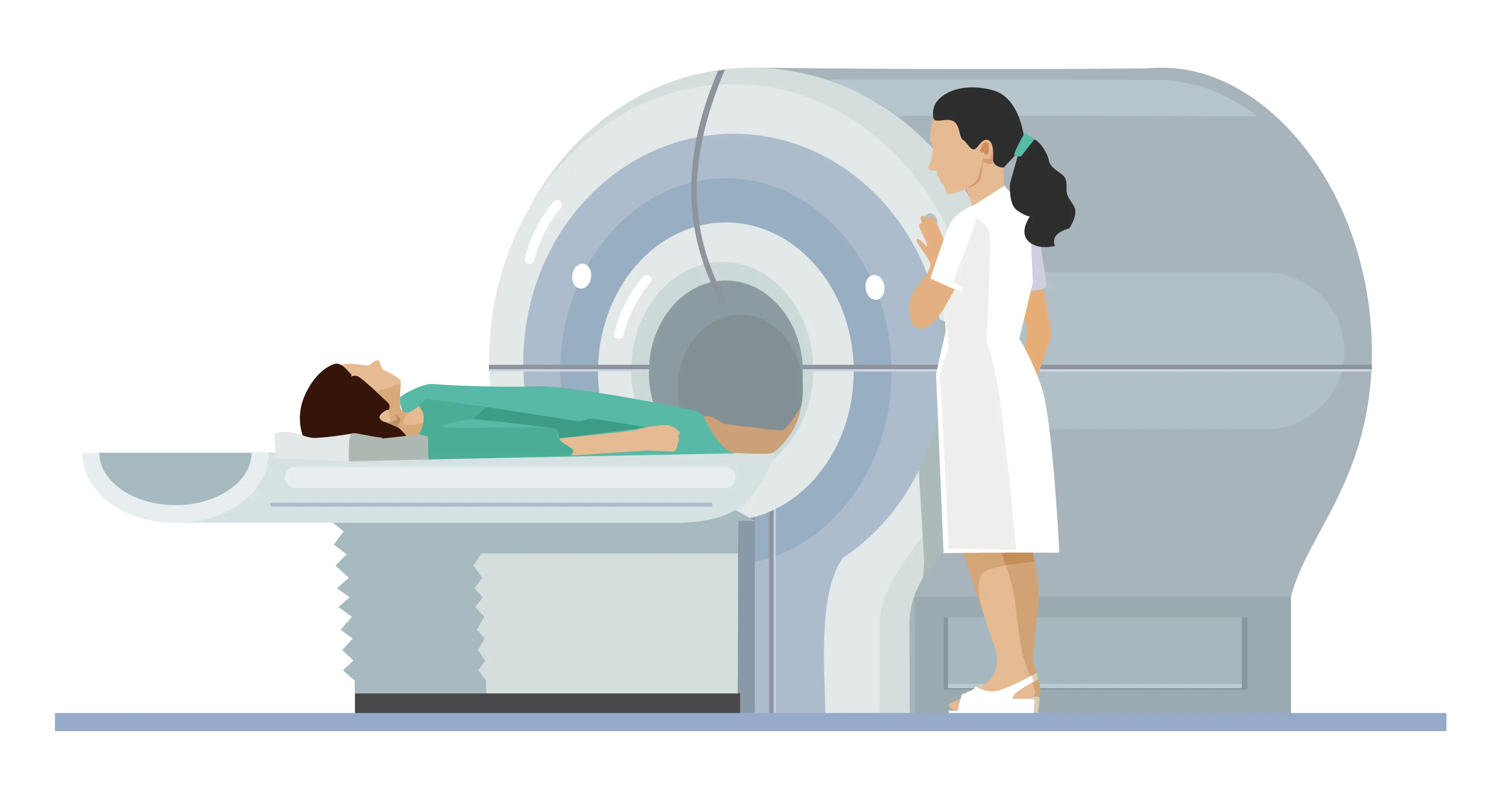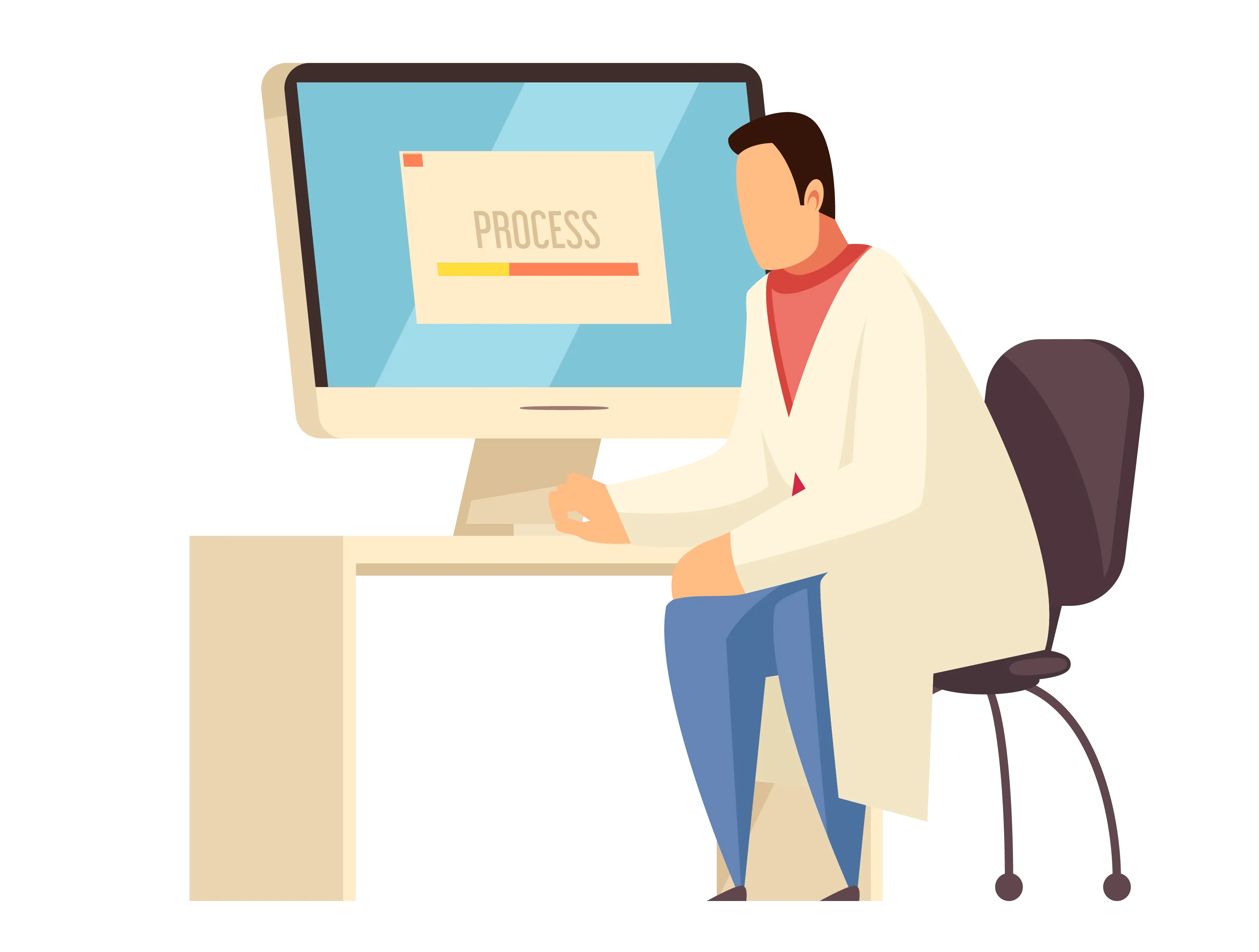Health Tests | 5 min read
What is an MRI Scan and What are its Side Effects? Important MRI Uses
Medically reviewed by
Table of Content
Key Takeaways
- MRI scan produces better images than a CT scan
- MRI test help determine brain and soft tissue tumors
- MRI scan cost depends on the type of MR scanning
Humanity has witnessed several emerging infections and diseases in recent years. Some of these include HIV infections, SARS, dengue fever, and the Zika virus. There are diseases that have also re-emerged such as tuberculosis, cholera, and influenza [1]. However, continued advancement in science and technology has led to the development of modern medicine and sophisticated equipment to detect and treat major health problems. An MRI scan is one such useful development.
Magnetic Resonance Imaging (MRI) uses a large scanner that provides detailed images of what's inside of your body, be it organs or other internal structures. It is a safe test, which uses radio waves and magnetic fields to construct images. An MRI test can detect various health complications. Read on to know more about it and what you need to do before undergoing MRI scanning.
Additional Read: What a Full Body Test Entails and Why it is Important?
MRI Test Procedure
The MRI scanner consists of a tube surrounded by a huge circular magnet. The patient has to lie down on a movable bed which is then pushed into the scanner. The strong magnetic field aligns the protons within the hydrogen atoms which are then exposed to radio waves knocking the protons from their place. When the bursts of radio waves stop, the protons emit radio signals while realigning back. The scanner receives these faint signals and transmits to a computer. Then, the computer creates pictures that help your practitioner with a diagnosis. This painless procedure usually takes 15 to 90 minutes depending on the type of MR scanning [2].

MRI Uses in Medicine
MR scanning is done to examine and analyze specific organs, joints, or tissues in the body or to do a full body checkup. Here are some of the reasons why doctors recommend an MRI test.
- Investigate brain tumors<span data-ccp-props="{"134233279":true,"201341983":0,"335559740":276}">
- Check for soft tissue tumors and joint diseases
- Collect data on glands and organs within the abdomen
- Conduct an assessment of inflammatory bowel disease and tumors
- Detect liver and pancreas problems<span data-ccp-props="{"134233279":true,"201341983":0,"335559740":276}">
- Evaluate renal arteries, arteries of the neck, brain, and legs
- Analyze the thoracic and abdominal aorta
- Assess any congenital heart disease<span data-ccp-props="{"134233279":true,"201341983":0,"335559740":276}">
- Look for vessel wall dilatations or abnormal narrowing of arteries
Types of MRI Examinations
Here are the common magnetic resonance imaging examinations.
- Functional MRI (fMRI)
- Magnetic resonance angiography (MRA)
- Breast scans
- Cardiac MRI
- Magnetic resonance venography (MRV)

Risks or Side Effects of MR Scanning
There are no side effects of an MRI scan as is it pain-free with no risk of exposure to radiation. However, patients with metallic implants should inform the doctor beforehand. Patients with heart pacemakers, metal chips near eyeballs, artificial heart valves, metallic ear implants, or insulin pumps cannot be scanned with MRI. This is because the magnetic field can move the metal and distort the images captured in the MRI scanner. Patients having claustrophobia should also inform their practitioner as a mild sedative can be given to ease such a feeling.
MRI Scan Cost in India
The cost of an MRI scan varies depending on a range of factors. It may differ based on the different organs to be examined, the type of test, and the specific equipment used. An MRCP test, head MRI or brain MRI with contrast may have different costs at various hospitals. For example, an MRI brain scan costs anywhere between Rs. 6,500 and Rs. 12,000 at any reputed clinic or hospital in India. An in-depth study of specific organs may cost Rs. 5,000 to Rs. 8,000 whereas a full-body MRI scan cost Rs. 18,000 to Rs. 25,000.

Difference Between an MRI and CT Scan
MRI and CT scans are methods of imaging internal body parts and have similar uses. However, an MRI scan produces more detailed images than a CT scan and is more expensive. The way in which these scans produce images differ. MRI scan uses magnetic fields and radio waves whereas CT scan uses X-rays [3].
A CT scan is more common as it is less expensive and is used to examine tumors, bone fractures, internal bleeding, or development of cancer cells. Although both the scans use safe procedures, MR scanning is safer than a CT scan as there is no risk of exposure to radiation. However, reports also state that the risk of developing complications like cancer is usually small when exposed to radiation through a CT scan [4].
An MRI scan is a safe and efficient way of assessing internal organs and structures, helping medical practitioners make a better diagnosis. Book an MRI test along with other diagnostic procedures with ease on Bajaj Finserv Health and get affordable deals on packages too!
References
- https://www.hopkinsmedicine.org/health/conditions-and-diseases/emerging-infectious-diseases
- https://www.nhs.uk/conditions/mri-scan/what-happens/
- https://opa.org.uk/what-is-the-difference-between-ct-scans-and-mri-scans/
- https://www.nibib.nih.gov/science-education/science-topics/computed-tomography-ct
Disclaimer
Please note that this article is solely meant for informational purposes and Bajaj Finserv Health Limited (“BFHL”) does not shoulder any responsibility of the views/advice/information expressed/given by the writer/reviewer/originator. This article should not be considered as a substitute for any medical advice, diagnosis or treatment. Always consult with your trusted physician/qualified healthcare professional to evaluate your medical condition. The above article has been reviewed by a qualified doctor and BFHL is not responsible for any damages for any information or services provided by any third party.




